


Continuing the success of “Aku Mampu Berbisnis” last year, DNetwork held the same program in 2021. The enthusiasm of persons with disabilities in Indonesia to participate in this program is increasing. More than 100 people from all over Indonesia registered to take part in a series of programs that have been running since last June.
There were a few things that we did differently this time. First, the material given to the participants is no longer about the basics and motivation of entrepreneurship. Since most participants already run their businesses in the development stage, DNetwork decided to provide materials that were more appropriate and focused on business digitization. Thanks to the collaboration with TokoTalk, an Indonesian startup that focuses on providing e-commerce sites, participants get the right knowledge and delivered by experts in their fields, such as online store management, SEO, digital marketing, and social media management.
After the Aku Mampu Berbisnis webinar series was over, by mid-July all participants were judged by the level of seriousness in running their businesses and the potential for business development. Four participants were selected to receive capital funds of IDR 2,000,000 each plus mentoring facilities from the Pratisara Bumi Foundation, and five received only mentoring facilities from LatihID. Seeing the enthusiasm and entrepreneurial potential of persons with disabilities in Indonesia, DNetwork hopes that this program will be sustainable and can create a wider positive impact.
(A barista from Jumping Stone Coffee & Grill Bali explains how to use different kinds of coffee-making tools during the training on Monday (21/6))
In collaboration with ThisAble Enterprise, DNetwork – Jaringan Kerja Disabilitas held a series of exciting training sessions for people with disabilities in the Bali area. This training was carried out offline, implementing the health protocols that apply during the pandemic. The first session, which was held on Saturday, June 19, 2021, consisted of a baking class followed by product photography training.
DNetwork believes this baking class is not only fun but also important and useful considering that the culinary sector is one of the potential businesses to thrive during the pandemic. About 30 participants were taught how to make simple pastries filled with cream of various flavors. After the baking class, participants were also given a quick workshop to understand product photography techniques because DNetwork believes that, in any business, including those within the culinary sector, good quality photos will attract more buyers.
The next training session was held on Monday, June 21, 2021. This time, 30 participants were invited to get to know an e-commerce company, JD.ID, which has a commission-based program on its platform. With this program, participants can easily earn a daily income by using their smartphone. After the training from JD.ID, participants were introduced to a business from a sector that also has great potential: coffee. Bringing in experienced baristas from Jumping Stone Coffee & Grill Bali, participants were given an understanding that the coffee business doesn't always have to be expensive. At the same time, participants were also given the opportunity to practice making coffee using the available tools.